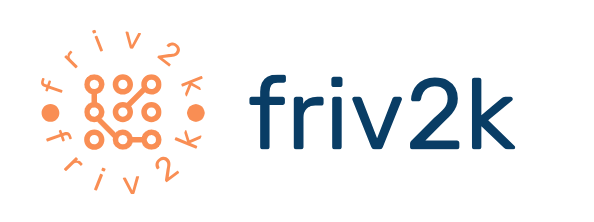The Promise of AI for Good: Enhancing Lives and Solving Problems
Artificial intelligence holds incredible potential to improve our lives in countless ways. Imagine a world where diseases are diagnosed earlier and more accurately, leading to better treatment outcomes. AI can analyze medical images with superhuman speed and precision, detecting subtle anomalies that might be missed by the human eye. It can also personalize education, adapting to individual learning styles and paces, ensuring every student receives the support they need to thrive. In environmental conservation, AI can analyze vast datasets to predict and mitigate the effects of climate change, helping us protect our planet for future generations. From optimizing traffic flow to creating more efficient energy grids, AI’s potential to solve complex problems is truly transformative.
The Dark Side of Algorithmic Bias: Perpetuating Inequality
Despite the immense promise of AI, we must acknowledge the very real risks associated with its development and deployment. One of the most significant concerns is algorithmic bias. AI systems are trained on data, and if that data reflects existing societal biases – such as racial, gender, or socioeconomic inequalities – the AI will inevitably perpetuate and even amplify those biases. This can lead to discriminatory outcomes in areas like loan applications, hiring processes, and even criminal justice, reinforcing existing inequalities and creating new ones. The lack of diversity in the teams developing these algorithms further exacerbates the problem.
The Threat of Job Displacement: Automation and the Future of Work
The automation potential of AI is a double-edged sword. While AI can increase efficiency and productivity, it also raises concerns about widespread job displacement. Many jobs that are currently performed by humans, particularly those involving repetitive or manual tasks, are at risk of automation. This necessitates a proactive approach to reskilling and upskilling the workforce, ensuring that people have the skills needed to thrive in an AI-driven economy. Ignoring this challenge could lead to significant social and economic disruption.
Privacy Concerns and Data Security: The Price of Convenience
The increasing reliance on AI systems often comes at the cost of privacy. Many AI applications require access to vast amounts of personal data, raising concerns about data security and potential misuse. Facial recognition technology, for instance, raises serious questions about surveillance and the potential for abuse by governments or corporations. Protecting individual privacy in an increasingly AI-driven world is crucial, requiring robust regulations and ethical guidelines to ensure responsible data handling.
The Autonomous Weapons Dilemma: Ethics in Warfare
The development of autonomous weapons systems, often referred to as “killer robots,” presents a particularly pressing ethical challenge. These weapons have the potential to make life-or-death decisions without human intervention, raising serious concerns about accountability, proportionality, and the potential for unintended escalation. The lack of human control over these systems poses a significant risk to civilian populations and could destabilize international security. A global conversation about the ethical implications of autonomous weapons is urgently needed.
The Need for Responsible AI Development: Transparency and Accountability
To harness the benefits of AI while mitigating its risks, we need a strong commitment to responsible AI development. This requires transparency in algorithms, allowing for scrutiny and accountability. It also necessitates the development of ethical guidelines and regulations that ensure AI systems are developed and used responsibly. Furthermore, fostering interdisciplinary collaboration between AI experts, ethicists, policymakers, and the public is essential to navigate the complex ethical challenges posed by AI. Only through a collaborative and thoughtful approach can we ensure that AI benefits all of humanity.
Mitigating the Risks: Building Trust and Fostering Ethical AI
Building public trust in AI is paramount. This involves clear communication about how AI systems work, their limitations, and their potential risks. Educating the public about AI ethics and promoting critical thinking about its implications is crucial. Furthermore, independent audits and oversight mechanisms are needed to ensure compliance with ethical guidelines and regulations. Ultimately, the responsible development and deployment of AI requires a collective effort, involving individuals, organizations, and governments working together to shape a future where AI serves humanity’s best interests. Please click here to learn about ethics in AI.





